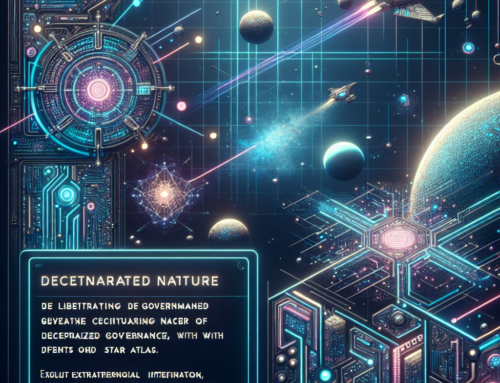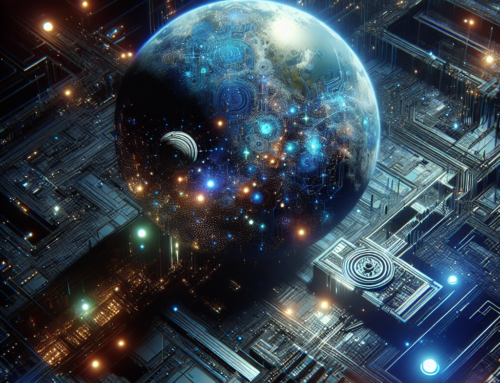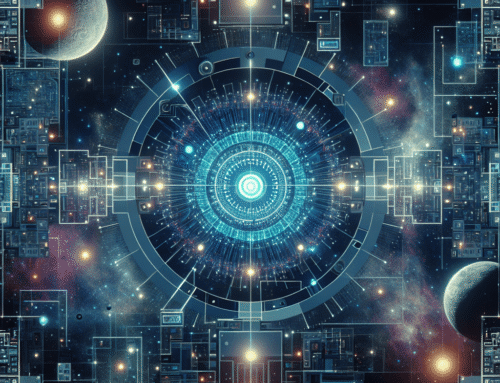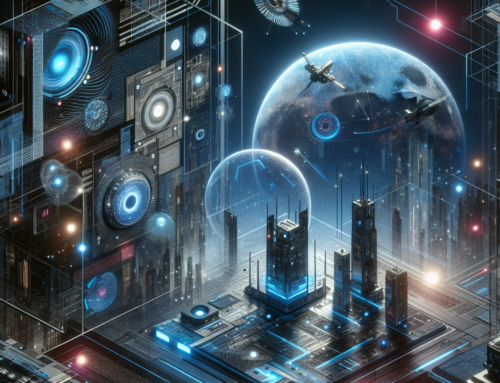Globalization Backlash: Insights from Star Atlas
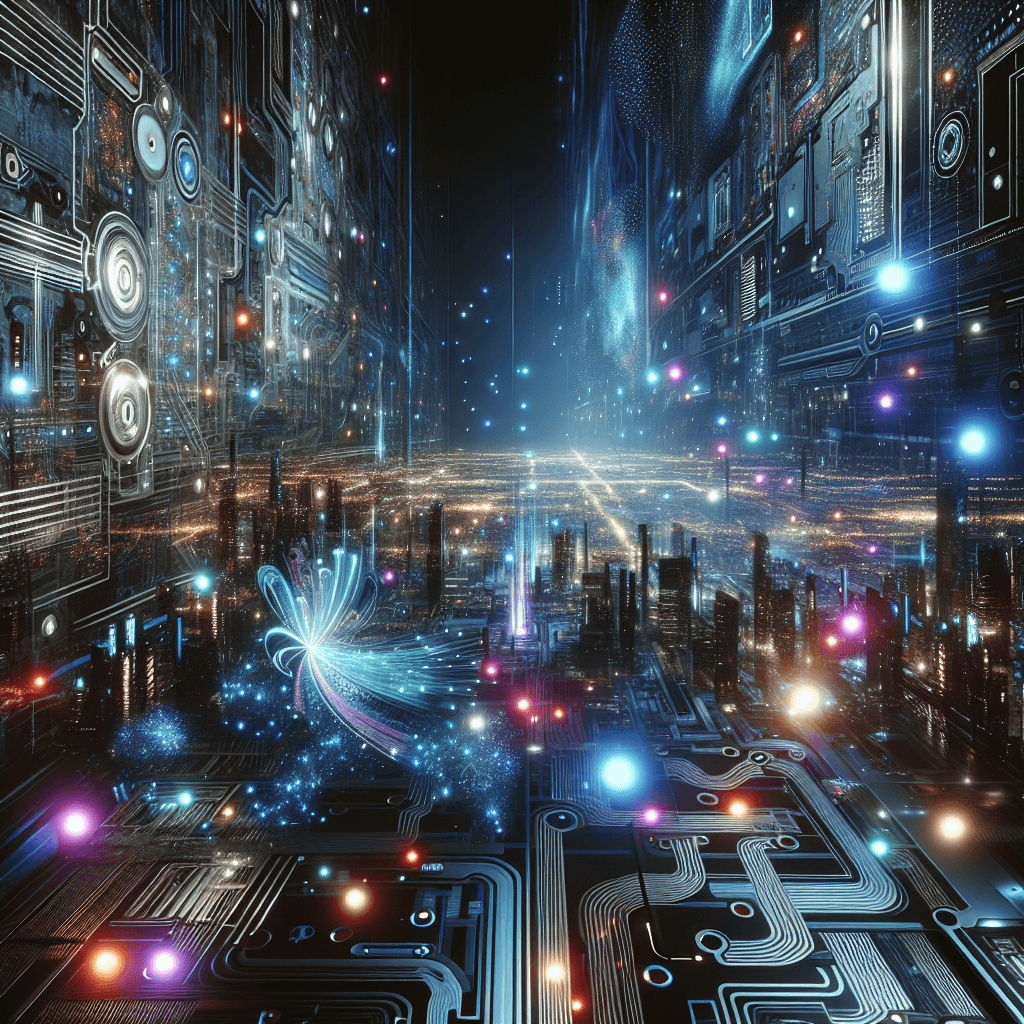
Globalization Backlash: Insights from Star Atlas
In our increasingly interconnected world, globalization has brought about numerous benefits, from easier access to goods and services to shared knowledge and culture. However, it has also led to a notable backlash, where people and communities express dissatisfaction with the perceived downsides of global interconnectedness. This phenomenon can be observed in various aspects of society, including economics, politics, and culture. Today, we’ll explore how this concept applies to Star Atlas, a captivating space-themed metaverse built on the Solana blockchain.
Understanding Globalization Backlash
Globalization backlash refers to the resistance people feel towards the negative impacts of globalization. It often manifests in a desire to protect local identities, economies, and social structures from overwhelming external influences. In the realm of digital platforms and games like Star Atlas, we can see elements of this backlash as players and communities grapple with the balance between global participation and local interests.
Star Atlas: A Global Metaverse with Local Flavor
Star Atlas is not just a game; it’s a sprawling universe where players can explore, build, and interact. The game allows participants from all over the globe to engage in a collective experience. However, the complexities of globalization also seep into the dynamics of this digital space.
-
Cultural Representation:
Star Atlas features a galaxy inspired by various cultures and histories. This diversity is essential to the game’s allure, but it can also spark debates about representation and authenticity. Players may feel a desire for their own cultural identities to be acknowledged and respected amidst this global tapestry. This need aligns with the backlash narrative where people seek to preserve and celebrate local traditions within a larger global context. -
Economic Disparities:
The in-game economy operates on a digital marketplace where assets can be bought and sold. However, disparities in access to technology and digital literacy can create economic inequalities among players. As some communities prosper, others may feel left behind, leading to resentment and calls for creating more equitable systems within the game. -
Community Dynamics:
Star Atlas encourages collaboration and alliance formation, which fosters community engagement. However, as new players join from across the globe, existing players might experience friction, feeling their local communities being overshadowed by a larger influx of global participants. This sense of losing control can resonate with the backlash against globalization, prompting calls for localized initiatives and support within the game.
Moving Forward: Local Empowerment in a Global Space
The challenge for Star Atlas lies in striking a balance between global engagement and local empowerment. To address the globalization backlash, game developers and the community can work towards:
- Fostering Inclusivity: Actively encouraging cultural representation and storytelling that celebrates local traditions and identities.
- Creating Fair Systems: Developing mechanisms to ensure economic equity across varied global participants, allowing all players to have a fair chance to succeed.
- Strengthening Community Roots: Encouraging localized player initiatives and events that empower local players while promoting cross-cultural collaboration.
Conclusion
The concept of globalization backlash sheds light on the complexities that arise in a global digital landscape like Star Atlas. By addressing players’ needs for cultural representation, economic equity, and community strength, we can create a more inclusive environment that values both local experiences and global interactions.
For more insights and data about Star Atlas, feel free to visit our platform at Titan Analytics Star Atlas data modules. If you have any questions or wish to reach out for further discussions, please contact us at Titan Analytics Contact.
